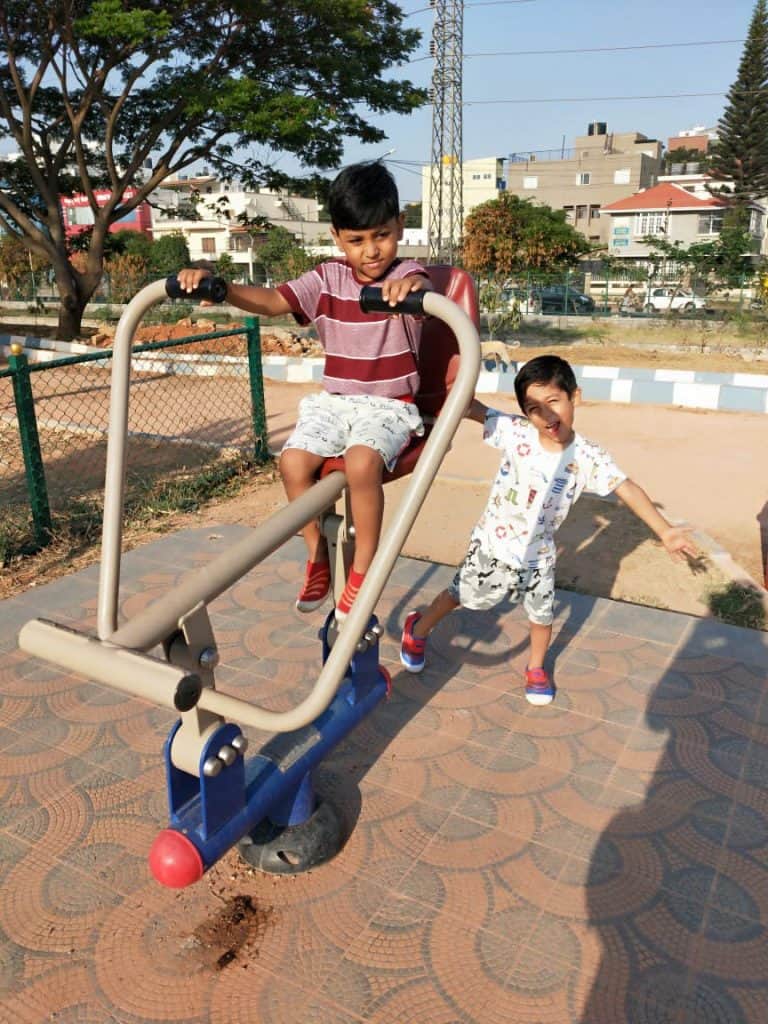On June 5th, World Environment Day, my handbook ‘Our Agara Lake’ was released. As a lake activist, the handbook is my attempt to share the story of Agara lake’s revival. I believe that our story can inspire citizens across Bengaluru to come together and work for the many more lakes that need to be revived.
Agara lake’s story is about a collaborative relationship between citizens and the government. A supportive government, responsive Lake Development Authority (LDA) and the pro-active citizen group ALPMS (Agara Lake Protection and Management Society) worked together to revive the lake.
The lake, spread over 200 acres once, was a lung space for residents nearby. But, as roads and a BDA layout was built over it, the lake shrank to around 98 acres.
Gradually, due to lack of maintenance and garbage dumping, it became a cesspool and a den of anti-social activities. Lake maintenance was also stuck in a legal tangle – a court case was going on against LDA’s decision to lease out the lake to a private company under Public Private Partnership (PPP).
But, over the past few years, citizens themselves decided to step in. Citizen groups across the locality came together for cleanup drives, tree plantation and awareness activities around the lake regularly. We had the support of government officials and environmentalists too.
In 2013, V S Ugrappa who was an MLC then, invited the then-Chief Minister Siddaramaiah to the lake. The visit became a turning point, as the Chief Minister instructed LDA to revive the lake.
However, the work got delayed over the next three years due to BWSSB work, elections, tender process, cabinet approval process and so on. By then, we had formed ALPMS as a registered society of 40 members.
We met government officials routinely to speed up revival, and became actively involved in preparing the Detailed Project Report (DPR) for the restoration. In 2016, the works were formally inaugurated. In early 2018 the work was completed, and the restored lake was opened to the public!

Children in the play area around Agara lake. Pic: twitter.com/agaralake
The LDA was wound up soon after. Since then, the lake is under the ownership of the Karnataka Forest Department. While ALPMS takes up small works and monitors routine maintenance at the lake, the Forest Department pays staff salaries. Volunteers across the city continue to participate in afforestation drives and other events at the lake. Now we need to work on a long-term plan to make lake maintenance sustainable over the years.
For details, read the complete handbook here.
Kudos to such citizen groups. May your days be blessed.